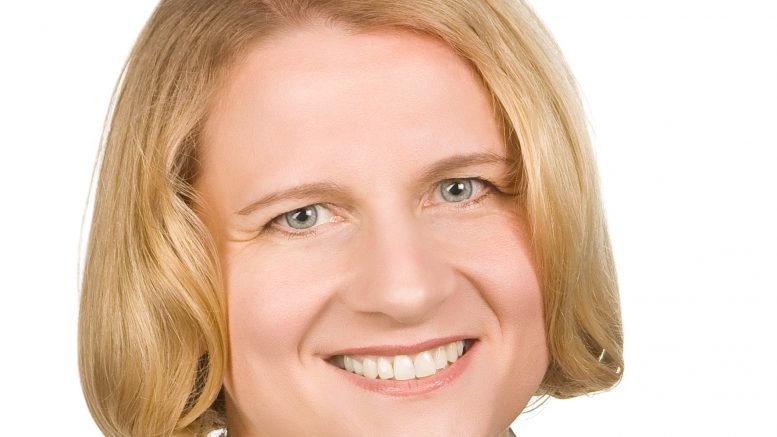Interview with the Estonian Ambassador at large for Cyber Diplomacy – Heli Tirmaa-Klaar
Government programs in estonia
Currently 99% of Estonia’s state services are available online. This has been made possible through our interoperable information system called the x-road, which allows information sharing between different state institutions through a secured virtual private network (VPN). The system that was set up and opened for our citizens in 2003 has proven to be convenient for the users and efficient in solving a wide variety of bureaucratic issues. Also it has gained widespread support by our citizens.
Our solutions on e-identity, interoperability services, healthcare,e-governance, mobility, business and finance, and education are helping to save time and costs that our government and citizens would otherwise have to spend on paperwork daily. Instead, Estonians can easily authorize online payments, cast their vote on the election period, or receive their medicine in a pharmacy when just presenting their ID-card, and 95% of Estonians declares their taxes online. Trust that Estonians have in our government systems is key in maintaining the services online.
One of the services we are providing for the non-residence is the Estonian e-residency that aims to create a borderless digital society. The initiative is targeted at global citizens who are interested in launching a company that can be managed fully online in Estonia and enjoy the rights that the European single market is able to offer. When becoming an e-resident, the person receives a digital ID-card and two PIN numbers that would allow digital authentication and digital signatures. Although initially launched for economic purposes, surprisingly, this initiative has obtained a symbolic value among the Estonians born or currently living abroad.
One of the services we are providing for the non-residence is the Estonian e-residency that aims to create a borderless digital society.
Many Estonian citizens and their successors who have moved abroad due to Estonia’s difficult history, have now seen the e-residency initiative as one of the ways to establish a more close connection with the country.
But, of course, the primary aim of the e-residency is in enhancing global business and open the relatively stable and secure Estonian and the EU single markets to the world. We have managed to make this option available to over 30,000 people from 150 countries.
Digital challenges in Europe
The current digital single market is developing fast and new challenges are emerging constantly. Some of the key questions involve around how to create the best examples to achieve complete transition of the administrations and public services, how to achieve regulatory frameworks that present our common vision of cybersecurity in the digital market, and how to adopt an effective and fair tax system that would guarantee equal conditions across the EU. Additionally, there are questions on how to best implement the new technologies, such as the artificial intelligence and where do the ethical lines lie when AI is brought into wider use, particularly, in security-related fields.
Due to Estonia’s small size, the country can be perceived as – by using academic terms – an interesting case study in implementing new technologies and services. One of the country’s strong suits is its dynamic ability to adapt, synthesize, and change if the results are insufficient or unwanted. Therefore, Estonia has the potential to become an example for the rest of the Union when it comes to overcoming challenges of digitalization.
Cooperation between Estonia and France
In March 2018, Estonia and France signed an agreement to exchange best practices and solutions in the field of digital and e-governance, as well as in cybersecurity. In the latter, the bilateral cooperation reaches back to 2010 when it became clear that cooperation with other states is key in tackling the new and rapidly evolving threats’ landscape.
There are many initiatives that Estonia and France are undergoing or working towards through the EU membership but the bilateral agreements add an efficient venue for possible developments.
Sharing best practices is only one of the venues where Estonia and France would be able to support each other.
More often we need to have active communication channels to share information when an unexpected incident has occurred or signs of a future threat have become apparent. We also value France’s participation in the NATO CCD COE, which is our interdisciplinary hub of cyber defence expertise in Tallinn, and their participation in the Centre’s yearly cyber exercises and conferences.
Projects planned in the future
One of our recent developments that will be implemented soon is in the healthcare sector and involves secure data transactions between Estonia and Finland. More precisely, patient data will be made available for Estonian citizens situated in Finland, allowing them to receive higher quality healthcare and medicine that has been prescribed to them by their Estonian practitioner. This type of data sharing will be first of its kind in the world and made possible by the x-road information sharing system that I have already mentioned above and upon which the whole Estonian e-governance system relies. Implementing all of the planned changes in the cooperation between Estonia’s and Finnish healthcare sectors will take some time but the first steps – allowing Estonian pharmacies to request patient data abroad – will be finished by the end of this 2018 year.
Estonia strongly supports the efforts that France has made over the recent years to assure Europe’s competitiveness in the international market, research, cybersecurity, and implementing the new AI technologies.
Cyberspace provides a whole new venue to develop our societies and we are looking forward to tackling any possible challenges in close cooperation.

